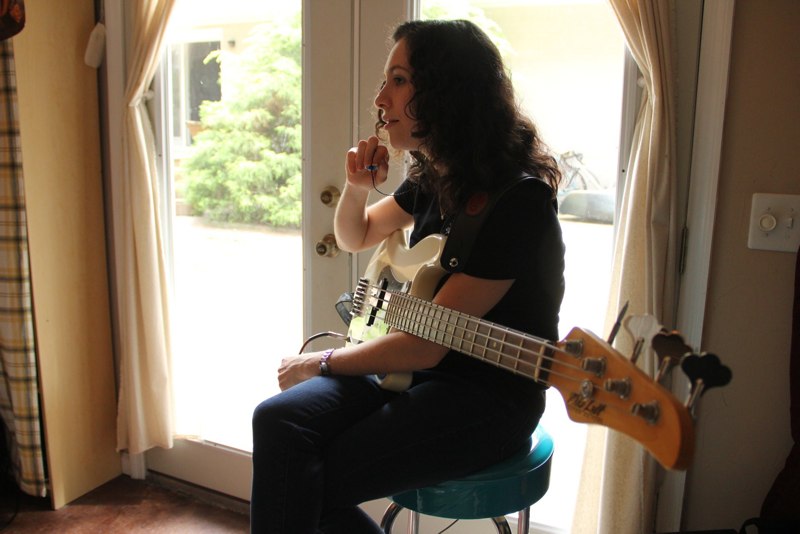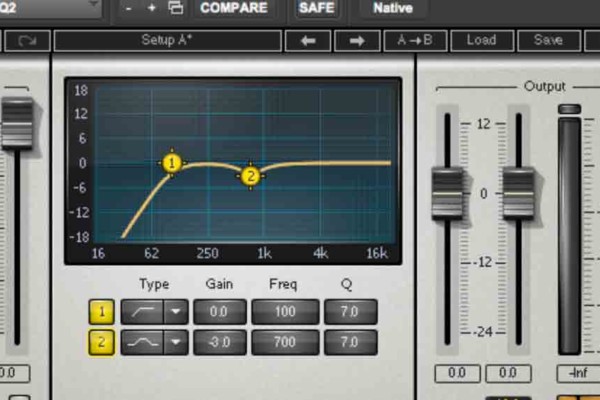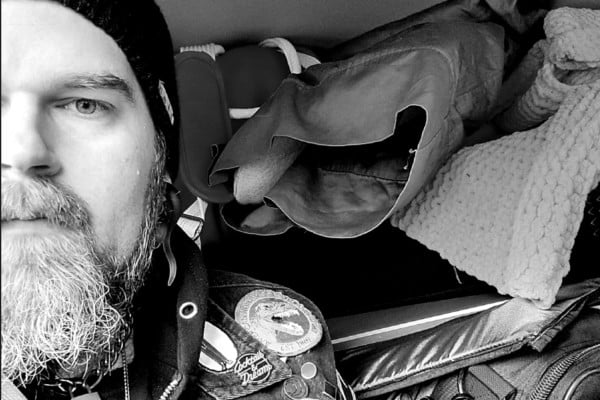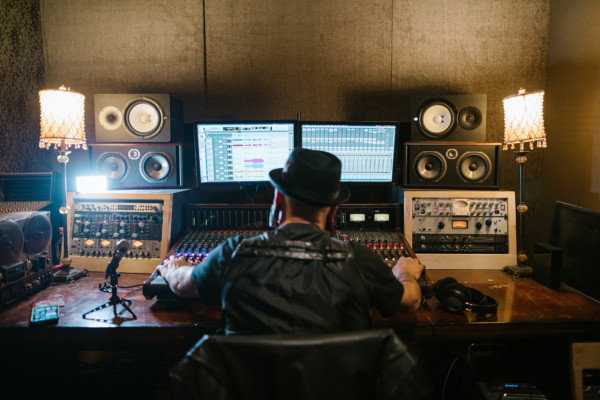The Lightbulb Moment: Habit Vs. Intuition

If there’s one thing I love doing, it’s pedaling eighth notes. So much so, you might say that I make a habit of it. There’s something incredibly therapeutic about playing one note, but playing it well, and focusing on all of the ways this seemingly simple rhythmic pattern can be manipulated. The art of the eighth note lies somewhere between habit and intuition for us bass players; it’s something that we inherently feel when approaching certain songs and it is equally ingrained in our sense of musicality. It is perhaps the most natural state of being for our instrument, an ostinato that we have appropriated over the course of popular music, and the foundation for some of the greatest records that have ever been made.
Every so often, I find myself in a creative situation, such as a recording session or with a band trying to come up with a new approach to an old song, and my first instinct is to “engage the pedal.” Sometimes, it’s the perfect thing; it glues the band together and creates the musical bed in the most appropriate way—it is what I intuitively believe the music needs. On the other hand, there are times when I will try the pedal, only to the dismay of others involved. They find it boring, unimaginative, and a bad habit that bass players easily fall in to. Moments like this make me wonder why that is. What is the difference between playing something that is stale and habitual versus something that is intuitively spot on and appropriate for the music? And how do we know when to follow our intuition or when to disregard it and come up with something more creative?
This is an incredibly tricky subject, especially because our approach to a song is often dictated by drummers, songwriters, guitar players, engineers, producers… pretty much anyone that it is the room with us. Somehow we must fit into the literal rhythmic framework of both the drums and the guitars while adhering to the overall concept of what the producer or writer thinks we should play. Meanwhile, we’re the ones actually playing the instrument, influenced by the entirety of our musical journey. There are times when, deep down in my gut, I believe that I’m playing the right thing—the bass line that is absolutely perfect for the song—and it just doesn’t jive with what other people want. It’s time to swallow my pride, play something else, and attempt to hear the admirable qualities in the new part. There have been occasions when I listen back and realize, “wow, they were right… this does work better,” and other final listens when I regret not sticking to my guns with the original part.
Coincidentally, there are times when I’ve been asked to play a certain part and it doesn’t quite fit right—it’s slightly awkward to play, involves too many notes, or seems distinctly “un-bass-like.” I’ll suggest another groove, considerably more intuitive, and that turns out to be just what the doctor ordered. Perhaps it’s years of experience, or an opportunity to exercise habit, but it ultimately makes the music better.
The creation of music is subjective, meaning that there is no tried and true method, and certainly no answer to this question. There are as many opportunities to get creative as there are times to exercise tradition. If you’re making a country record, you’ll probably play the root and the fifth, because that’s what works and what identifies the genre—it tests positive for both habit and intuition. If you’re playing fusion, then you can come up with something considerably more daring—a reliance on a part that is commonplace may be a reason to call someone else. The concept that I urge you to be aware of is that sometimes, habit and intuition bring about the same positive result. Win, win. Other times, habit is something that we rely on when we don’t intuitively hear another musical option—we may not think it necessary to get creative and push ourselves to discover another part.
It’s important to create an awareness of this, especially if you’re currently in a musical rut or plateau and you’re questioning why that is. Maybe you’ve spent too much time relying on habit and not enough time diversifying your palette. Or, perhaps you find yourself being a little bit too adventurous and you need to hit the rewind button, work on fundamentals, and settle in to some good habits. Developing your own voice in addition to a diverse repertoire is a continuous journey. Keep working at it, but make sure you settle in to some eighth notes now and then.
Ryan Madora is a professional bass player, author, and educator living in Nashville, TN. In addition to touring and session work, she teaches private lessons and masterclasses to students of all levels. Visit her website to learn more!



